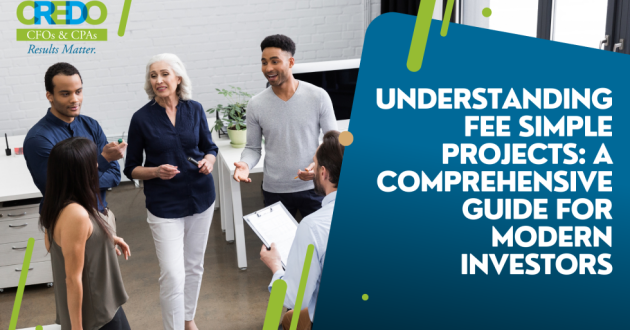Early-stage Company Valuation: The Significance Of Founder-led Valuation

Cost is a factor considered by both parties during the valuation process.
Traditionally, founders have delegated contract conditions like valuation to their main investor. We acknowledged that investor viewpoints are more valuable than management’s when it comes to valuation issues like comparables and market conditions. This is especially true in the early phases, when investors can use their past knowledge to reduce risk.
Maybe pricing, rather than value, is the most appropriate term here. How much are investors ready to risk in exchange for such a high rate of return? It’s not impossible for entrepreneurs and financiers to settle on the same sum. Most of the time, knowledge asymmetry is what stands in the way of this happening. While the investor may know more about the market, the entrepreneur likely knows more about running the company.
Is there a better way to find common ground between the two? The answer is straightforward: cost is a factor considered by both parties during the valuation process.
There is merit in putting more weight on initial company valuation made by the company’s founders.
This means that founder-led valuations need to be taken into account. While trying to establish a “objective” valuation for their company, founders who are unfamiliar with the market’s demand for their particular opportunity will typically offer a number that approximates “fair market value.”
When determining a price, is the concept of “fair” relevant? We need to know how to get an unbiased assessment of a startup’s worth and if it would help us raise money. Isn’t it true that any startup’s initial pitch will be the best-case scenario with improbable projections?
These excellent issues, the answers to which require a new way of thinking about what a founder-led valuation is aiming to accomplish. It is not (or at least shouldn’t be) an attempt to fix the value of the company’s shares. It’s for the purpose of answering the most crucial question:
When will the company’s founder give a pitch praising the company’s prospects?
Is this a realistic possibility if everything works out?
How plausible is this, based on what you know about the founding team?
Ask yourself, most importantly, does it prove that they have any idea what they’re doing?
Valuation is a tool, not an end in itself
It’s a well-known fact that founders, especially those who want to raise venture money, need to be excellent communicators. What’s not as clear is what makes a great startup backstory.
Realizing that some of your audience will be motivated by story and some by data is a crucial part of the jigsaw. The strongest narratives incorporate both elements. Most founders are comfortable with the storytelling component of pitching investors since it has been a staple of the founder’s toolkit for so long. They hope that people would see them as inspiring and listen to what they have to say. Yet, the story itself only tells part of the tale.
This story is accompanied by a valuation, which puts the numbers to the story in a realistic (and, fingers crossed, IPEV-compliant) framework. It’s a great way for a startup’s founder to make a business case for their vision. It enables you, as a potential investor, to compare their claims with your own forecasts and typical performance indicators.
With the answers to these three questions in hand, you’ll have a good idea of whether or not this is a firm worth investing in, and how much you should reduce the valuation. It’s possible that if the company’s founder is exceptionally logical, he or she will share your reservations and fears and therefore provide no discount at all. An extremely upbeat person may be a long shot compared to you, but that doesn’t make their outlook any less valid.
A key benefit of this method is that it helps level the playing field in terms of information between you and the company’s creator. In doing so, it removes the mystery around business valuation and puts plain its basic motivations and assumptions for analysis and debate.
In Conclusion
Pricing exercises are what most investors consider startup valuation to be. In most cases, the founder will have to do some explaining. This may be an oversimplification, but it does highlight the primary goal of each camp. There are two problems here: first, the goals aren’t perfectly lined; and second, while both goals are worthwhile, they only get us halfway there.
Investors’ valuations are too simplistic and susceptible to market fluctuations to be trusted. When left up to the founders, value is a thin bull case that doesn’t take market dynamics into account. Combining the two methods, with open and frank discussion, yields a more comprehensive understanding of the company’s value that takes into account market factors, situational details, and a common vision for the future.
Let it be stressed that valuation is a critical factor in determining which innovations receive funding and which entrepreneurs are supported. This is a field that merits our careful consideration, as well as our best efforts to make it more effective and fruitful.
For more information about valuation in the early stages of a company, feel free to reach out to us at Credo CFO.



